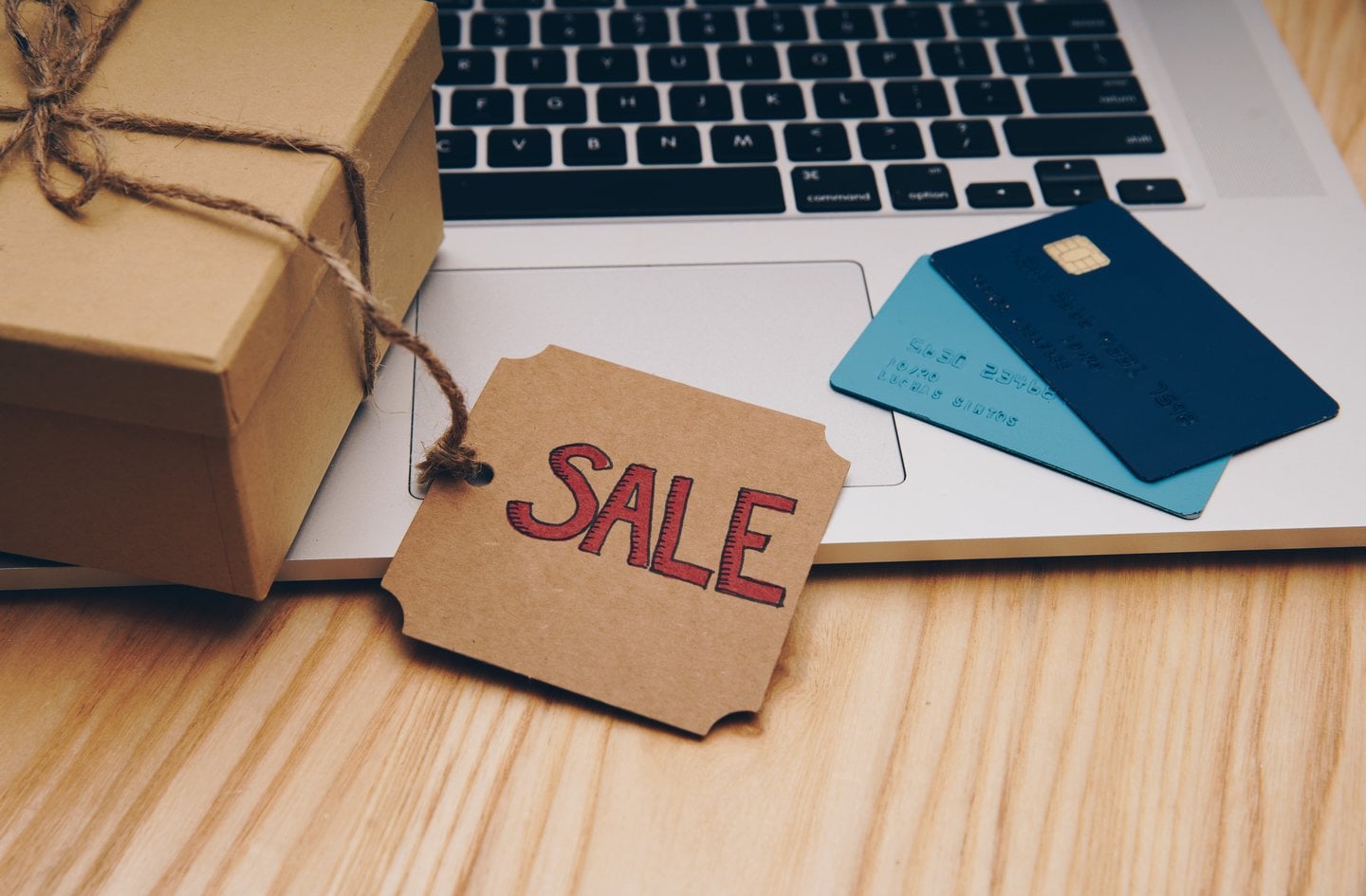Nearly 1.8 billion people are projected to shop online in 2018 *
Approaching the holidays, we all tend to accelerate this practice. And if you have recently relocated, online shopping can be a comfort and a time saver. In many cases, you can get the same gifts you would have purchased in your native country, without having to leave your new home and navigate an unfamiliar retail landscape.
But what about safety? Data breaches, identity theft, credit card fraud, and stolen packages are real concerns. Here are some tips to keep in mind before, during, and after ordering anything online:
Before shopping
Be sure you’re connected to a safe Internet connection, whether at home, at work, or in a public space. Avoid public Wi-Fi and shared computers; you can’t tell how data is stored and what could be accessible to other users. Wherever you are, identify a secure connection before sharing your personal information.
Beware of incredible offers of low, low prices. If a deal seems too good to be true, it probably is. Always use trusted websites. As with emails, sham websites can look like the real thing, but might use .net instead of .com, or make some other minor spelling change that’s easy to miss. Many major retailers have mobile apps, making it easier to be sure you’re buying from your trusted seller.
If your search for an item leads you to a retailer you’re unfamiliar with, check it out before placing an order. Search the company, make sure there’s a physical address and phone number available, and review any ratings or complaints with the Better Business Bureau or equivalent organisation.
Finally, more than half of global Internet shoppers purchase items from other countries. Know your host country’s customs regulations, duties, and taxes associated with an inbound purchase. If you’re shipping packages abroad, know the destination country’s rules, too.
As you shop
Once you’ve determined that your connection is safe and you’re on a legitimate web seller’s page, what’s next? If you decide to create an account, make your password a strong one. Using a password-generating tool is one way to create and manage random passwords for multiple logins.
When shopping on mobile platforms, take advantage of any additional authentication steps that can protect your identity and your funds. Before committing to a purchase, check the return policy. Note that buying far in advance – shopping for Christmas gifts in October, for example – may be risky if the seller has a 30-day return policy. Also confirm shipping times to assure that your package will arrive when you need it to.
Plan ahead for items that take longer to arrive, such as personalised goods. When shipping to another country, there may be a wider window of arrival estimates.
After your choices are made and you’re on the check-out page, make sure it indicates a secure payment platform, displaying SSL and HTTPS in the URL. The Secure Socket Layer (SSL) safeguards sensitive data; you may also see a lock icon. For one more layer of security, use a Virtual Private Network (VPN). A VPN encrypts your connection, masking your identity and activity. It can be used across devices, so your smartphone, tablet, and computer can remain anonymous to trackers and thieves.
After ordering
Keep track of what you’ve ordered, perhaps in an email folder for orders and shipping confirmations. In a flurry of shopping and the busy season, sometimes you can lose sight of what packages are arriving when. Take advantage of package tracking and delivery notifications. This allows you to take the package inside immediately when it’s delivered. If packages will be arriving to an empty home and security is a concern, consider shipping to your work address or to a trusted friend who can hold them for you. Certain items require – or have the option – for a signature upon delivery. This will further safeguard your packages, ensuring they won’t be left outside, but it can be a challenge to meet the delivery in person.
Check your monthly statements, review credit card transactions and any digital payment source you use. Report any fraudulent activity immediately for the best chance of reimbursement and damage control.
For more tips on a broader range of Internet safety – like charity donations and booking holiday travel – consult Get Safe Online. Following these precautions can reduce your risk of unpleasant surprises and give you peace of mind this holiday season.
* Statistica (July 2017). Number of Digital Buyers Worldwide 2014 to 2021.
Written by Ellen Harris, GMS, Product Manager, Content Group


